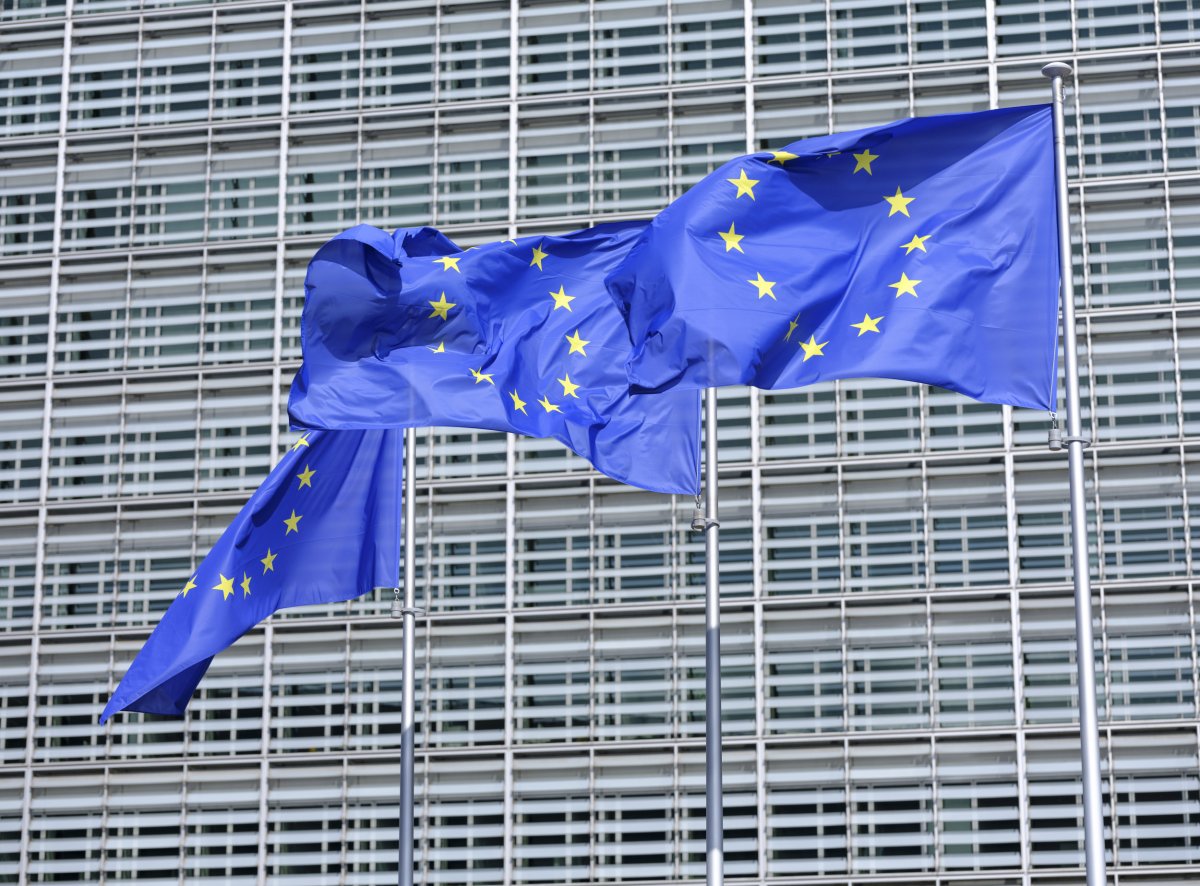Europe's future prosperity and its standing in the global artificial intelligence (AI) race may hinge on reevaluating its innovation-killing approach to regulation. While the region boasts ample financial opportunities for startups, exemplified by a new AI startup securing over 100 million euros in funding, the EU AI Act threatens to stifle progress. Europe must strike a delicate balance between promoting safety and fostering AI innovation, considering the relentless pace of this technological arms race. Failure to do so could transform the region into a disjointed group of member states, leaving it more susceptible to economic shocks and external threats.
Regulating AI is a complex endeavor, far more intricate than it might appear. In the United States, the legal system primarily assesses the harm caused by a tech product, neglecting to prioritize user rights. Conversely, Europe's approach places a premium on societal welfare and enhancing the quality of life, sometimes at the expense of economic agility. Consequently, any AI legislation in Europe must adhere to the principle that businesses should positively impact our lives, not merely accumulate capital.
Passing legislation within the European Union (EU) is considerably more challenging than in the U.S., or any single country, due to the region's emphasis on community and compromise. Once an agreement is reached, it becomes arduous to revise, and this underscores the need for flexibility, especially as other global leaders like Russia, China, and the U.S. edge closer to deploying AI technologies that Europe might not possess.
While regulations are undoubtedly necessary, they must not impede innovation with excessive bureaucracy. Bureaucracy is renowned for its sluggishness worldwide, and Europe is no exception. Society cannot afford to hit pause on AI development, nor should it delay the benefits this technology could bring. AI has the potential to enhance the quality of life and competitiveness for all EU members, addressing pressing concerns such as soaring energy costs, inflation, and the looming uncertainty surrounding underdeveloped AI capabilities in the context of technological warfare.
The current AI regulations in Europe may not yield significant benefits, at least not in the immediate term. AI and machine learning researchers have opened a Pandora's box, but its contents remain largely unknown. The potential risks and rewards of large language models are still uncertain. Therefore, dedicating extensive resources to creating a legal framework for AI that may become obsolete within months is premature.
Drawing a parallel to the space race, no one insisted on regulating space exploration before launching rockets to the moon. Similarly, AI development should be guided by sensitivity to its developments, while policymakers should avoid premature regulation.

This is not to suggest that AI development should be a free-for-all, a sentiment shared by most tech professionals. Effective AI legislation must take into account what to regulate, how to regulate it, and who will bear the regulatory burden. Governments must also adapt to the rapid pace of change, whether through policy updates, or collaboration with experts to ensure future-proof regulations.
Determining what aspects of AI to regulate remains a contentious issue, with various stakeholders expressing different concerns. Some worry about AI's potential for criminal misuse, while others focus on the risks posed by the technology itself. Despite ongoing consensus-building within the EU, the AI Act is nearing passage, highlighting the urgency to reconsider this approach.
Despite ongoing debates, tech giants like Google and OpenAI have already voiced concerns about the potential ramifications of these regulations. OpenAI's CEO Sam Altman indicated willingness to comply with the EU's new laws but warned against overly complex regulations that might force them to withdraw from the region. While EU council members labeled this as "blackmail," AI companies are under immense pressure to adapt their practices to new legislation. Changing the operations of machines, which have taken months or even years to develop, is a complex endeavor, and regulators must recognize the potential missed opportunities if they restrict AI tools from being used by their populations.
AI represents a relatively new frontier for humanity. Historical shifts in global power dynamics, from gold and oil to digital assets like AI, often emerge from similar positions. Europe faces a critical choice: prioritize safety or economic vitality. What will become of our countries if we allow the European Council to curtail opportunities where technology could provide solutions and safeguards across various applications?
As humans, we often fear the unknown, especially when it lies beyond our comprehension. However, Europe could thrive by avoiding AI regulations that hinder the research and investments needed to secure a prominent place on the global stage. Rather than losing jobs or falling under machine control, our region could lead pioneering projects that save lives and enhance existing ones, focusing on our unique ability to offer skills that machines lack.
Juan Luis Hortelano is president of Spanish government-backed Startup Valencia, and organizes Valencia Digital Summit, one of Europe's top AI events. He is also co-founder at Blinkfire Analytics.
The views expressed in this article are the writer's own.
Uncommon Knowledge
Newsweek is committed to challenging conventional wisdom and finding connections in the search for common ground.
Newsweek is committed to challenging conventional wisdom and finding connections in the search for common ground.
About the writer
To read how Newsweek uses AI as a newsroom tool, Click here.






